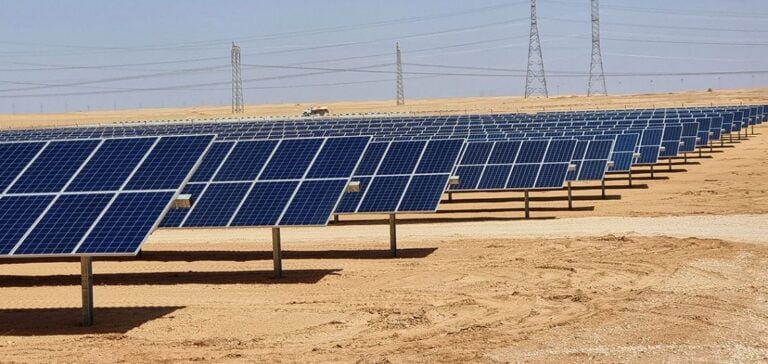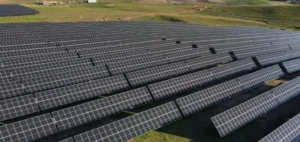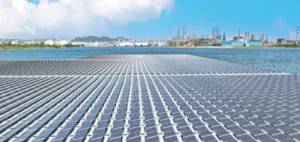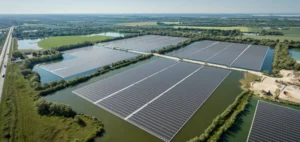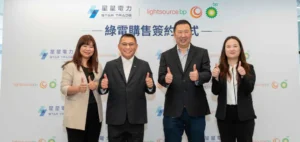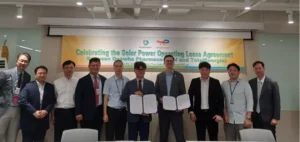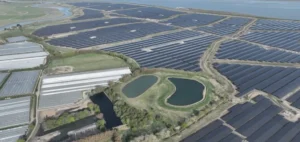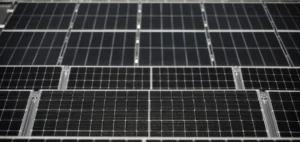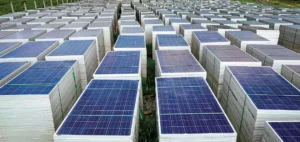A convention was signed on December 2, 2024, between the Ivorian government and Katiola Solar Power, a subsidiary of JC-Monfort, for the construction of a 50 MW solar power plant in Katiola, located in the Hambol region. The project, valued at 32.897 billion CFA francs (approximately $53 million), is entirely funded by the company under a public-private partnership.
A Structured Energy Project
The project includes the design, financing, construction, ownership, and operation of the power plant by Katiola Solar Power. According to the Minister of Mines, Petroleum, and Energy, Mamadou Sangafowa-Coulibaly, this project will contribute to increasing the national electricity production capacity in line with the Production-Transport Master Plan 2022–2040.
This plan aims to raise the country’s current electricity capacity from 2,907 MW to 5,200 MW by 2030 and 8,600 MW by 2040.
Technical Specifications and Timeline
The plant, planned on a 60-hectare site in Katiola, will feature 89,208 polycrystalline solar panels with a unit capacity of 560 Wc, totaling an installed capacity of 49.96 MW. These panels will be connected to 207 inverters of 200 kW each, delivering a net power of 41.4 MW to the grid. The estimated annual production is 72,921 MWh.
The construction phase is expected to create 160 direct jobs. Once operational, the plant will generate 30 permanent jobs. Commissioning is planned for the fourth quarter of 2026, within 15 months of the convention’s effective date.
Contractual Commitment
During the signing ceremony, Minister Sangafowa-Coulibaly emphasized the importance of adhering to contractual deadlines to ensure project completion. He noted that the granting authority will be available to support the promoter in its interactions with the various involved administrations.

